School implements resources to aid mental health
photo by Jessica McCord /Paw Prints
New students IDs include a crisis hotline number for easy access.
Adolescents are known for their unruly mood swings and rebellious attitudes. Although these attributes are brushed off as a part of growing up; in actuality, common teen problems can amplify pre-existing mental health issues.
Trudging through the reality of high school, teens face problems that could put them at risk for dangerous behaviors, such as drug use. In fact, one in five youth ages 13 to 18 battles their mental health; however, less than 50 percent of those who need help actually receive it. These vital matters have become a new focus in school.
While students can often feel alone while facing mental health struggles, they are not without resources at school. Students are just unaware of it. Broward County, in particular, constantly launches new programs to assist students dealing with personal dilemmas blocking their academic success.
School psychologist Jeanette Schwartz assists students identified as needing help from the school. She said it is first recommended the student talk to a teacher, then see a school counselor, and lastly be referred to the family counselor Johanna Lagarzo or herself as the psychologist.
Schwartz usually deals with students receiving referrals or when someone’s safety is threatened. Schwartz practices overall confidentiality with students who come to see her. While she is legally required to inform parents of the student’s visits, she will never reveal the nature of the visit unless it directly poses a violent threat to themselves or others.
As the family counselor, Lagarzo deals with less dire situations. She and almost 50 other therapists are part of the program within Broward County Public Schools that distributes therapists to schools. At the moment, Lagarzo works at Silver Ridge Elementary, Fox Trail Elementary and Indian Ridge Middle School, in addition to Western. When students first meet with her, they can receive three sessions of counseling without parental consent, and/or 12 sessions with parental consent. Sessions, lasting 45 minutes to an hour, can take place during study hall, an elective or after school.
Confidentiality is taken very seriously, but when school counselors are informed of abuse or physical harm, they are required by law to report it to the parents or higher authority within the schools.
Assistant principal Derek Gordon oversees the PASL [Personalization for Academic and Social-Emotional Learning] program, which currently provides all freshmen and four sophomore study halls with information about the teenage mind and stress management. The program, based on a 2013 research study on what factors most affect student performance, was implemented into select Broward schools in 2014. The main goal of the program, according to guidance director Lauren Cohen, is to make sure teachers show interest in students beyond their academic performance.
“[Through the program, Teachers] come up with lesson plans together to help reduce anxiety to help do stress management with the students–to help set them up for success. All of it is just working with the kids. Getting to know what you like and how they can make a connection with you,” Cohen said.
Schwartz also mentioned a program the school will soon institute called The Sandy Hook Promise, created by parents of victims of the Sandy Hook school shooting in 2012. According to the organization’s website, they aim to “prevent gun-related deaths due to crime, suicide and accidental discharge so that no other parent experiences the senseless, horrific loss of their child… that you’re not just a number.” This will focus more on what students can do to promote inclusion and kindness towards others.
“Essentially, [The Sandy Hook Promise is] a program to promote inclusion. Just saying hello to somebody can change [their] day,” said Melanie Taylor, the ninth grade counselor who is heading the program. The guidance department, including teacher volunteers, attended a workshop on September 13 to explain the program and provide student activities.
Taylor said the activities, such as a challenge to do one good deed for a fellow peer, will be given every week to guidance and peer counselors. The end goal, like PASL, is for the program is to be well known throughout the school.
Although these programs aim to reach students more directly, publicizing them effectively remains a challenge.
Students explain that they were unaware of the programs in place. Freshman Ashton Jackson doesn’t recall hearing about any services offered at orientation or during his first weeks at school. All he had was the “stressed out” message on the back of his ID, which recommends students who struggle with mental health problems contact the crisis hotline listed. He suggested widened exposure to the programs available would be more helpful.
“[They] could put up more posters or put something in the announcements,” Jackson said.
Like Jackson, sophomore Angelin Benny expressed her concern about the approach the school has taken to make students aware of programs available. She feels that this approach “seems too plastic, literally and figuratively.”
Schwartz and Lagarzo acknowledge their services aren’t widely known.
“There are a lot of kids that don’t know [there are] therapy options. We try to tell the principals and the guidance counselors [so the kids will know they] don’t have to pay anything. There’s nothing to lose,” Lagarzo said.
Junior Sebastian Silva said he is concerned about the small amount of attention guidance counselors could give to their students.
“If you just have more counselors, you will [have more of a] personal approach,” Silva said.
Lagarzo said their end goal is to have at least one family counselor for each school.
Altogether, Western, and Broward schools in general, have taken the necessary steps to emotionally support students, but according to students, the programs lack the exposure needed to be as effective as possible.
The school has just begun to solve this problem. September assemblies held during study hall aimed to inform students of their options, directing students to counselors such as Lagarzo and Schwartz, in addition to the school counselors in the guidance office. According to Benny, assemblies of this nature have only “scratched the surface.”
School officials continue to revise this process to improve communication.
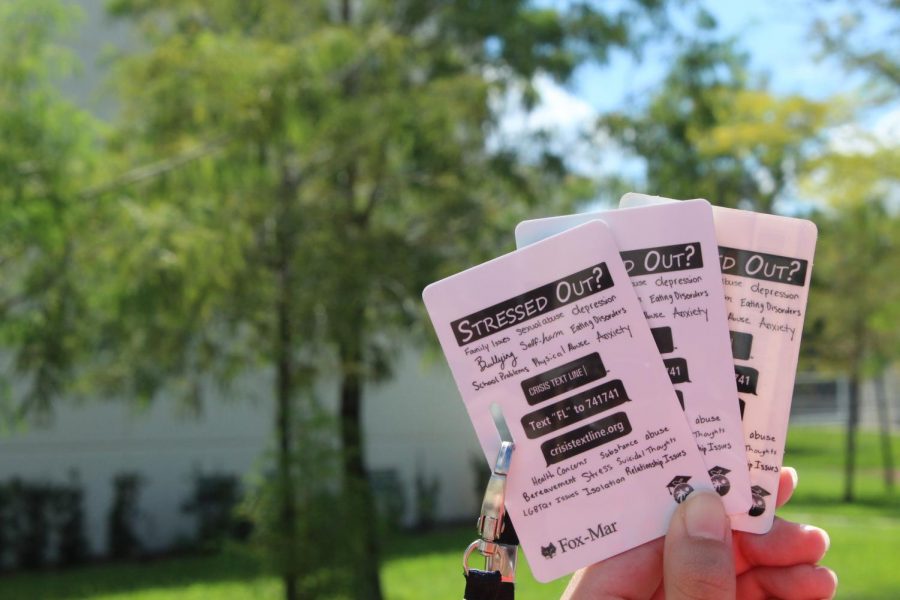
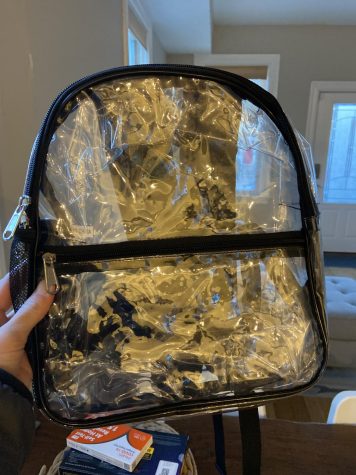
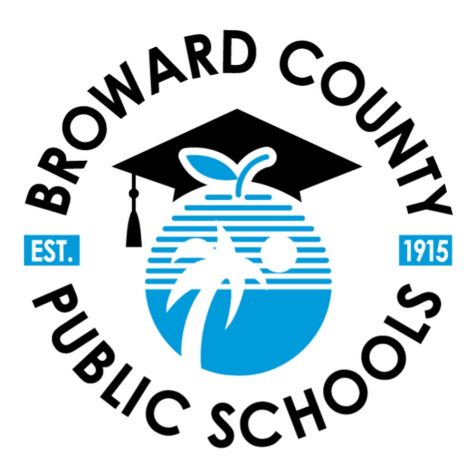

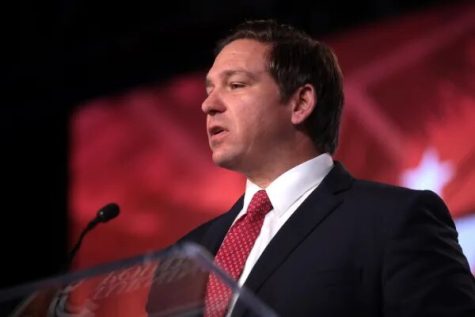
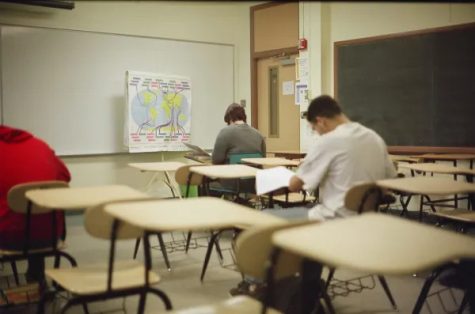


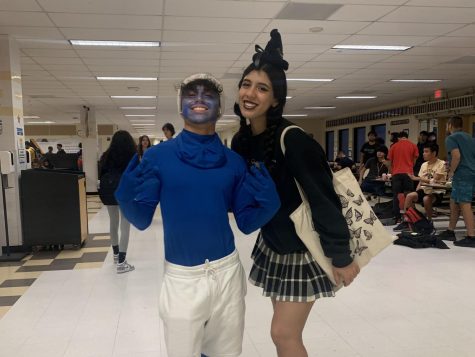
MyQok i. sLar’ge • Dec 21, 2018 at 11:46 am
so inspirational. It blew my mind.
Kaitlyn • Oct 2, 2018 at 5:55 pm
Eye opening